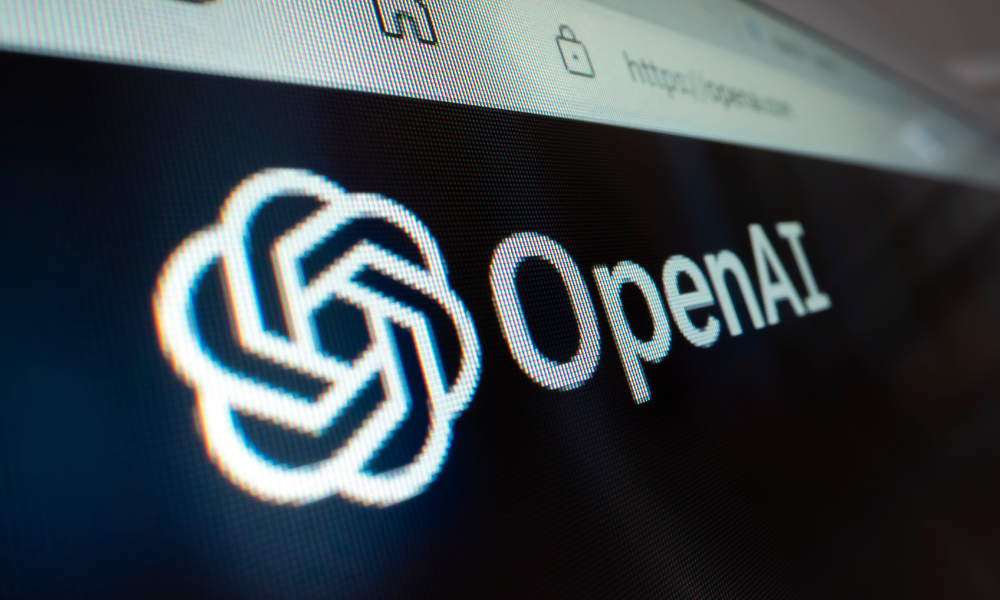
The Intercept argued that it was harmed by OpenAI’s deletion of copyright management information

US news organization The Intercept has been permitted by a judge to proceed with its lawsuit against artificial intelligence company OpenAI, reported Reuters.
US District Judge Jed Rakoff accepted The Intercept’s argument that it had been harmed when OpenAI eliminated copyright management information from its articles. The judge denied OpenAI’s bid to dismiss the suit, which claimed that the AI giant misused The Intercept’s articles in training the ChatGPT chatbot.
However, Rakoff shot down the news organization’s allegation that OpenAI illegally distributed the articles after deleting the copyright information. He also dismissed The Intercept’s accusations against Microsoft as OpenAI’s primary financial backer, since the claims focused on OpenAI’s AI training process.
Attorney Matt Topic of US civil rights law firm Loevy + Loevy, who represents The Intercept, said that the news organization was satisfied with Rakoff’s decision to let the core aspect of the case continue. An OpenAI spokesperson said in a statement published by Reuters that its AI models were “trained on publicly available data, grounded in fair use and related principles that we view as fair for creators, and support innovation.”
Microsoft’s attorneys and spokespeople did not immediately respond to a request for comment, Reuters said.
Last November, OpenAI scored a win against news outlets Raw Story and AlterNet in a similar case when US District Judge Colleen McMahon determined that the outlets were not adequately harmed so as to justify the suit. In The Intercept’s case, Rakoff ruled in a statement published by Reuters that the news organization’s allegations “implicate the same kind of property-based harms traditionally actionable in copyright.”
“Even though the specific right created by the DMCA may be comparatively new, the injury experienced by The Intercept because of the violation of that right sounds in the same kind of harm long recognized in copyright suits,” Rakoff said.
Topic worked alongside Jonathan Loevy and Michael Kanovitz of Loevy + Loevy in acting for The Intercept. Latham & Watkins and Morrison & Foerster represent OpenAI; the teams consisted of Andrew Gass, Joseph Wetzel, Sy Damle, and Alli Stillman (Latham & Watkins); and Joseph Gratz, Allyson Bennett, and Rose Lee (Morrison & Foerster).
Microsoft is being represented by Orrick Herrington & Sutcliffe lawyers Annette Hurst, Lisa Simpson, and Christopher Cariello. The case is The Intercept Media Inc v. OpenAI Inc, U.S. District Court for the Southern District of New York, No. 1:24-cv-01515.